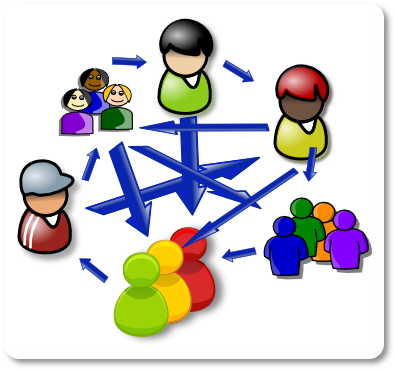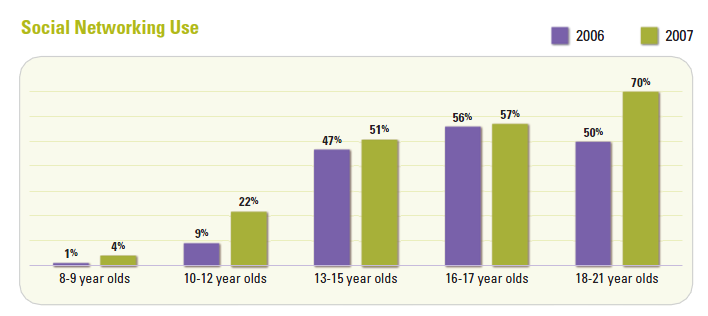STEM - Safety Course - SHARED - C. Bonds
Section outline
-
This course is designed to provide resources for office safety for STEM CareerTech t
 eachers. It is also supplemented with CyberSafety, bullying, cell phone safety, and many more resources which students need to be aware of when learning about technology, the Internet and its usage.
eachers. It is also supplemented with CyberSafety, bullying, cell phone safety, and many more resources which students need to be aware of when learning about technology, the Internet and its usage. -
This portion of the course topic covers the basics of office safety.
-
CyberSafety - How to stay safe and enjoy living in a digital world...
This course is designed for students ages 11-18 who are learning to use the Internet. It supplies common sense tips for staying safe while using a wide range of network based tools. This course was created by Paul Nelson and is licensed under the Creative Commons license.
This course was created by Paul Nelson and is licensed under the Creative Commons license.
Download the zip file and host it on your Moodle server. Please contact me with corrections and improvements.
-- pnelson@nwresd.k12.or.us -
 Predators - People who want to hurt you...
Predators - People who want to hurt you...
Most of the people in your life would never hurt you. If you use the Internet, you may be at risk though. There are people out there who could hurt you and if you're not safe, they can find you through the Internet. -
 CyberBullying - Does it really hurt?
CyberBullying - Does it really hurt?
Predators may be scary but students are more likely to be victims of relational aggression and bullying than Internet predators.
"Technology does not make bullies. It just makes them more productive."
"Help stop cyberbullying. If your child sees
cyberbullying happening to someone else,
encourage him or her to try to stop it by not
engaging or forwarding anything and by telling
the bully to stop. Researchers say that bullying
usually stops pretty quickly when peers
intervene on behalf of the victim. One way to
help stop bullying online is to report it to the
site or network where you see it."
-- Net Cetera - Chatting with kids about being online... -
 Email Safety - Net Etiquette, Phishing Scams and more...
Email Safety - Net Etiquette, Phishing Scams and more...
Click on the image of the email on the right. Does this look like a real email. Yes it does!
How can we know it is a fake? (click to see) -
 Social Networking - Facebook, MySpace, and more...
Social Networking - Facebook, MySpace, and more...
The trend is more and younger. Can social networks be safe? Why are are they so inviting to today's teens?
Many social networking sites require that children be at least 13 years old to join. This is because of the Childrens Online Privacy Protection Act (COPPA). Facebook and Myspace and NING require users to be 13 or older.
If you're interested in setting up a social network for your school, give ELGG a try. -
 Cell Phone Issues - Sexting, images, abuse...
Cell Phone Issues - Sexting, images, abuse...
“The desire for risk-taking and sexual exploration
during the teenage years combined with a constant
connection via mobile devices creates a ‘perfect storm’
for sexting. Teenagers have always grappled with issues
around sex and relationships, but their coming-of-age
mistakes and transgressions have never been so easily
transmitted and archived for others to see.”
-- Amanda Lenhart, 2009 PEW Study: Teens and Texting

